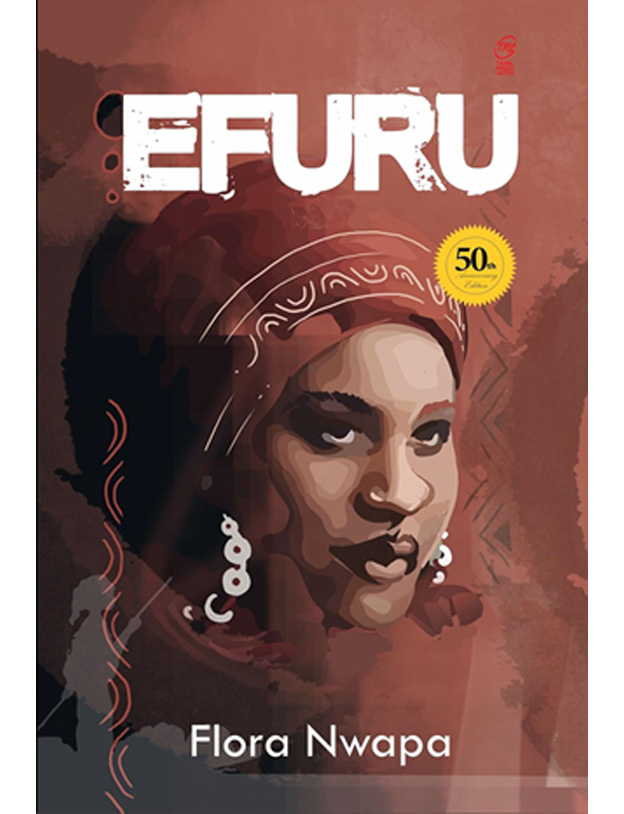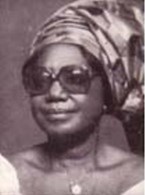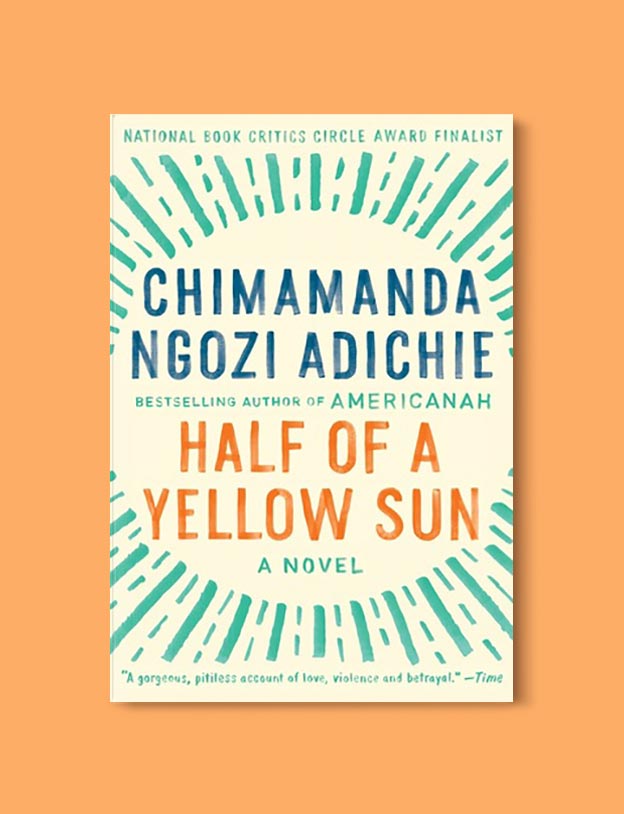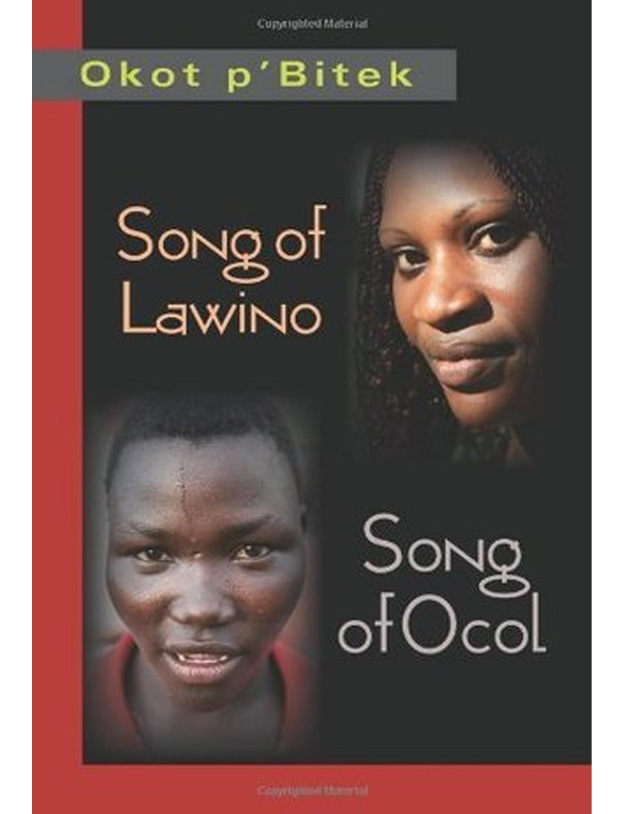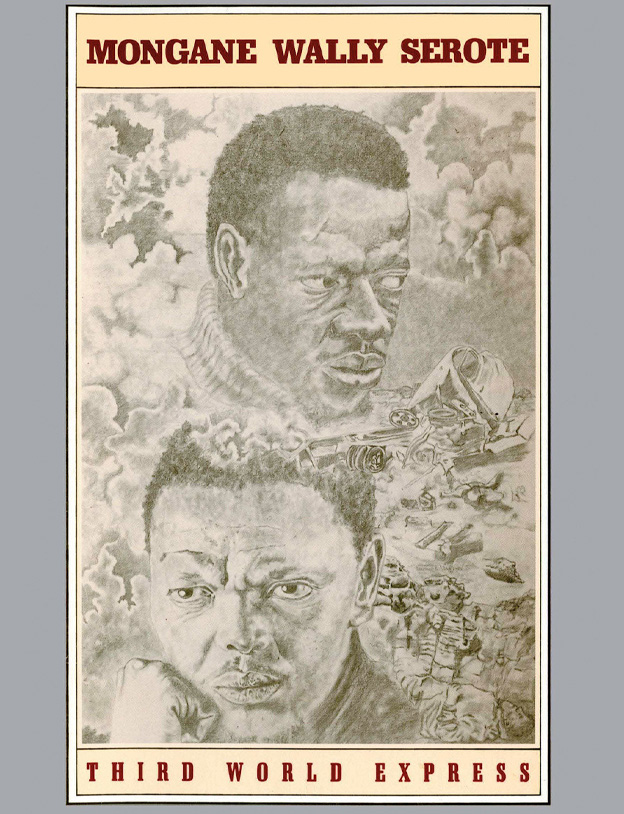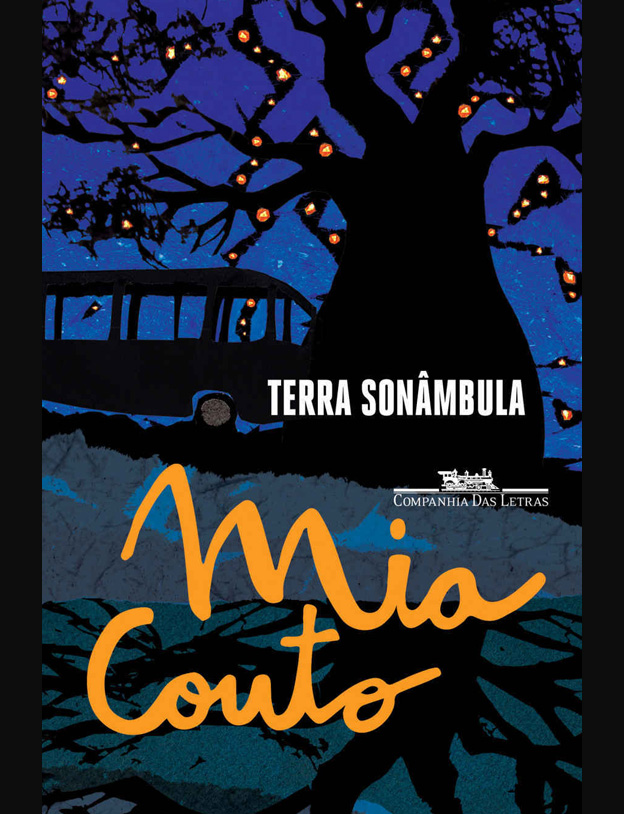Efuru – Flora Nwapa
Book Summary
Efuru by Flora Nwakpa was originally published in 1966 by Heinemann Publishing,
London. Efuru is the first novel by a female African author published internationally. It
presents the first narration of an African village woman's life and plight from an insider's
female perspective.
Plot Summary
Efuru introduces an important feminist issue to Africa, that a woman is more than merely a body used for reproduction; a woman is capable of achieving more and a valuable asset to her community even without a surviving child. Efuru is an exceptionally beautiful young woman. She has a positive character from a good family background. Efuru is imbued with many values: She is smart, strong-willed, achieving, industrious, motherly, generous, courteous, and extremely well-liked. Despite having many friends and liked within the community, she suffers greatly after the loss of her only child, abandonment by her wayward husband, the loss of her supportive father, and the disappointing and unjustified distrust by her second husband. In the end, she finds solace in Uhamiri. Set during colonial times, Efuru draws a vivid image of Riverine Igbo rural life, industrious women, pros and cons of local customs and beliefs, their disruption under the impact of missionary activities and education, and the benefits of Western medicine combatting tropical diseases. The story's characters portray major social components and issues in their actions and dialogues, conveying the area's cultural flavor.
A good read portrayig the rural life of the early 1960's in eastern Nigeria.
About the Author
Nwapa, born in Oguta, South-east Nigeria, was a forerunner of African women writers. She attended The University of Ibadan now Oyo State southwest Nigeria, and in 1957, at the age of 26, earned a B.A. degree. She then proceeded to Scotland, where she earned a Diploma in Education from Edinburgh University in 1958.
Flora Nwapa authored many books, and as an educator she taught in colleges and universities in Nigeria and internationally. Her works include, "Idu" 1970; "Never Again" in 1975; "One is enough" 1981; "The Lake Goddess 1995; and many more.
Buy the Book
latest video

nia via inbox
Stay connected. Subscribe and get updated on what's new with Nia!

